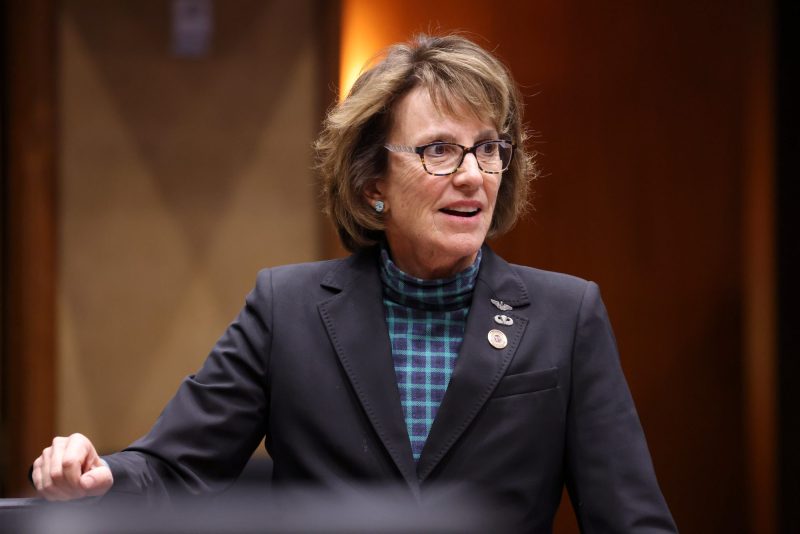The smart city model has been around for years. But it’s got a lot of learning to do,
By Beryl Lipton | Governing
The Midwestern metropolis of Columbus, Ohio, is one of the fastest growing in the United States. Like leaders in much of urban America, officials in Columbus are looking for ways to handle the pressures that come with growth and demographic change. When Columbus applied in 2015 for the U.S. Department of Transportation’s Smart City Challenge, the only iteration of the contest so far, its vision for what it might do with the $40 million grant involved, among other things, targeting an aging population; younger residents attracted to already dense neighborhoods; and access to transit and other forms of transportation.

After winning the competition by besting 77 other municipalities facing similar challenges, Columbus could become a leader in the smart city movement, a growing effort to use high-tech solutions to solve urban problems. Part of Columbus’ task will be to serve as a model for other areas wanting to attain the promised benefits of advanced data analysis, artificial intelligence and algorithms by bringing them more directly into contact with every city function.
The smart city movement, while conceived of several years ago, is actually just getting underway, and participation is still very much an experiment. The term “smart city” has been in use since the early 1990s, but in the last decade — particularly since the financial crisis of 2008 led governments and businesses to seek greater efficiency at a reduced cost — the idea has begun to gain traction. Internationally, China, India and Singapore, in particular, have been pushing to upgrade their cities’ tech infrastructures.
However, the long-term impact on government efficiency and economic growth remains murky, and there are unanswered questions about privacy, excessive intrusion and data collection on individuals. But that hasn’t stopped cities — and tech companies that could benefit from widespread use of their products — from experimenting with the smart city concept.







